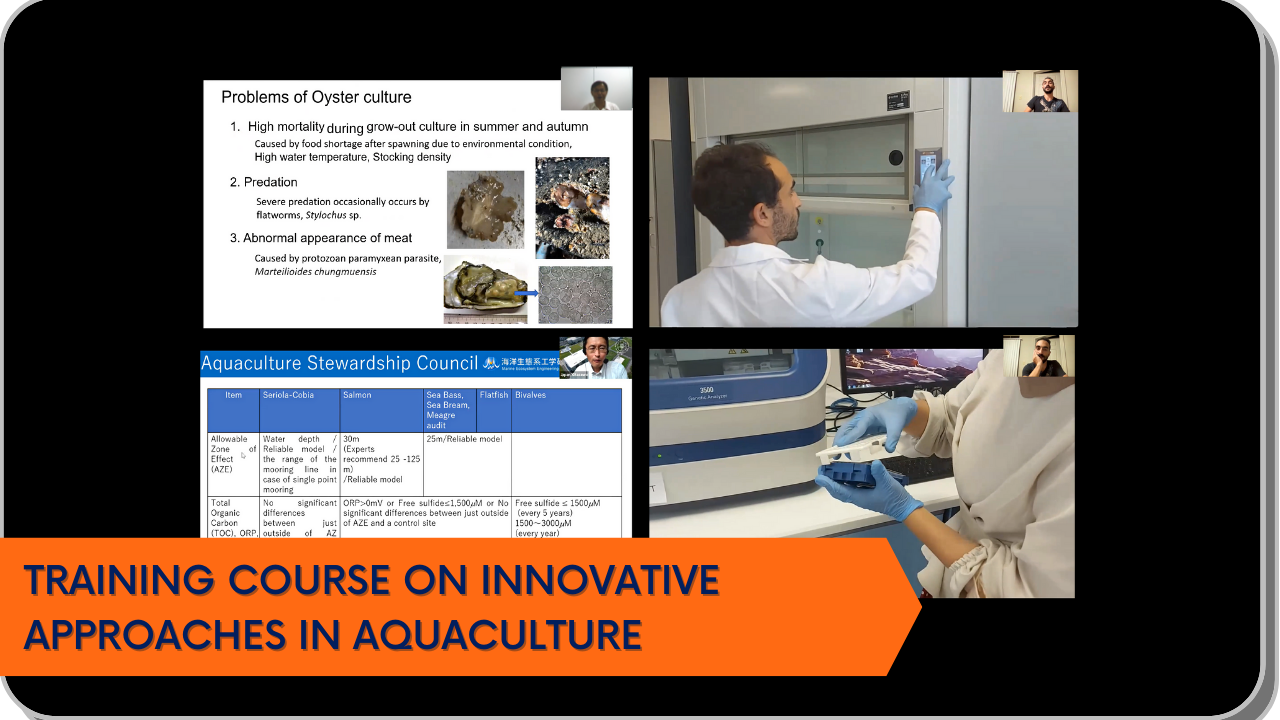
Select Page

Global seafood production has continued to increase annually, reaching 178 million tons in 2019. While capture production has remained almost unchanged since 1990, the increase in seafood production is primarily attributed to aquaculture, which refers to the farming of aquatic organisms. According to the FAO, 48% of global seafood in 2019 was produced from aquaculture. APO members are listed among the top aquaculture producers in the world, with Bangladesh, India, Indonesia, Thailand, and Vietnam among the top 10, in addition to Cambodia, I.R. Iran, Japan, the ROK, the Philippines, and Turkiye joining the list of the top 20. Collectively, these APO members contributed approximately 30% of the world’s aquaculture production. This development resulted from rapid advances in aquaculture technologies. For example, marine product aquaculture was previously practiced mainly in coastal areas, although it has become increasingly common today in inland ponds. In addition, through biotechnology, new, fast-growing, disease-resistant species have been developed. Other advances can be seen in aquaculture supply chains, with preservation technologies to maintain freshness and quality during transportation becoming widespread.
To gain new insights into the latest developments in aquaculture, the APO Secretariat organized a training course on Innovative Approaches in Aquaculture from 2 to 5 August, in partnership with the Central Fisheries Research Institute, Ministry of Industry and Technology, Turkiye. Thirty-six participants from 12 APO members attended the course, conducted by three resource persons from Japan and Turkiye.
The course aimed at introducing participants to innovative approaches and technologies in aquaculture, promoting the smart transformation of aquaculture, and enhancing productivity in the sector to support local economies. The resource persons engaged with participants through lively plenary discussions on environmental impacts, best aquaculture practices in Japan, and genetic technology in aquaculture.